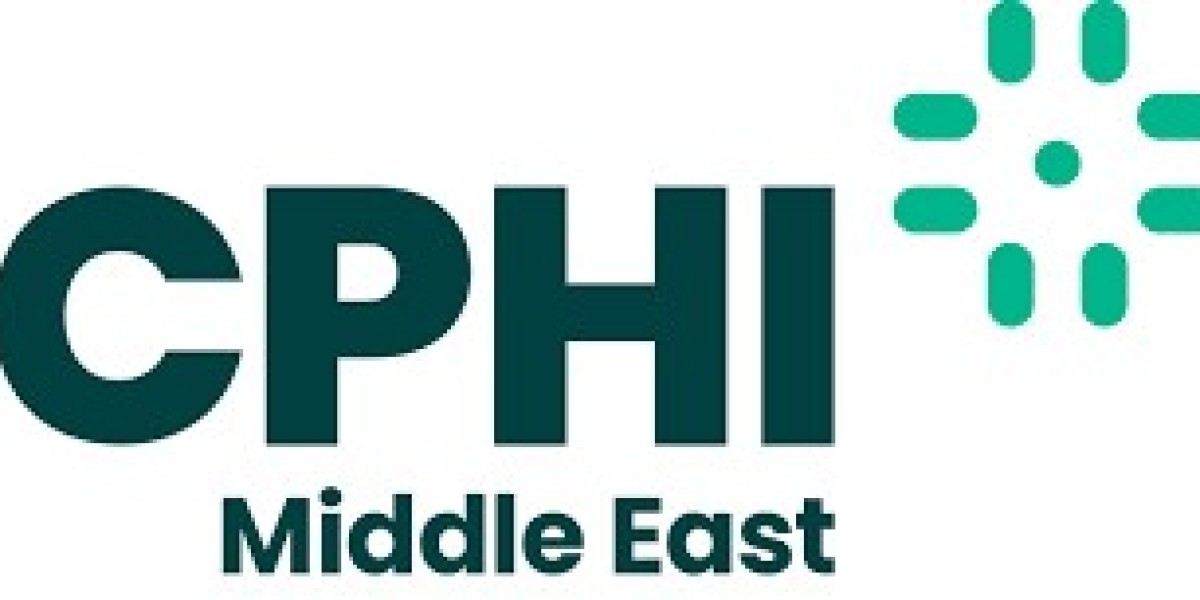As the global pharmaceutical industry converges on Riyadh from 14–16 October 2025, CPHI Middle East 2025 will serve as the definitive mirror of where the sector heads next. Far from showcasing incremental improvements, the event will spotlight radical, region-specific accelerations in biotechnology, digital transformation, sustainability, and advanced manufacturing. Forward-thinking leaders already mark these trends as non-negotiable priorities for the remainder of the decade.
The convergence of Vision 2030 momentum, massive sovereign investment, and a young, tech-savvy population creates fertile ground for leapfrog innovation. Below, we dissect the seven trends that will dominate conversations, shape partnerships, and redefine competitive advantage at this landmark gathering.
Section 1: The Explosive Rise of Regional Biotech and Biosimilars
Biotechnology no longer remains a distant aspiration for the Middle East—it emerges as a tangible growth engine. Saudi Arabia, the UAE, and Qatar collectively pledged more than $12 billion toward life-sciences infrastructure between 2023 and 2025 alone. This capital now translates into state-of-the-art facilities capable of mammalian cell culture, microbial fermentation, and mRNA platform development.
At CPHI Middle East 2025, visitors will witness the debut of several Saudi-backed biotech start-ups presenting Phase I-ready molecules in oncology and rare diseases. Simultaneously, established regional champions such as SPIMACO and Neopharma will unveil biosimilar pipelines targeting high-volume monoclonal antibodies set for patent expiry between 2026 and 2030. International CDMOs, in turn, actively court these players with offers of tech-transfer packages tailored for rapid market entry under SFDA’s accelerated pathways.
Moreover, the event introduces a dedicated Biotech Investor Forum, where venture funds from Riyadh, Dubai, and Singapore conduct live pitch sessions. Delegates report that term sheets frequently materialize within weeks of initial meetings—an efficiency rarely seen at traditional European or North American conferences. This trend underscores a pivotal shift: the Middle East transitions from importer to innovator in complex biologics.
Section 2: Digital Health Ecosystems and Pharma 4.0 Take Center Stage
Digital transformation accelerates at breakneck speed across the GCC, and pharmaceutical manufacturing refuses to lag behind. Companies now implement smart-factory solutions that integrate IoT sensors, artificial intelligence-driven predictive maintenance, and real-time release testing. By 2027, analysts project that more than 60% of new production lines in Saudi Arabia will operate under full Pharma 4.0 principles.
Exhibitors at CPHI Middle East 2025 Riyadh will showcase end-to-end digital-twin platforms that simulate entire manufacturing campaigns before a single batch runs. These systems dramatically reduce scale-up risks—a critical advantage in a region that builds dozens of greenfield facilities simultaneously. In parallel, augmented reality tools for operator training and blockchain-enabled track-and-trace solutions address both efficiency and stringent anti-counterfeit regulations.
Furthermore, the integration of electronic health records with patient-support programs gains traction. Regional players demonstrate how AI-powered adherence platforms, fully compliant with NPHIES in Saudi Arabia and DHA standards in Dubai, boost outcomes for chronic-disease patients while generating real-world evidence for payers. This fusion of digital health and traditional pharma signals a new era of patient-centric value creation.
Section 3: Sustainability Moves from Aspiration to Competitive Imperative
Environmental accountability now shapes procurement decisions across the Middle East. Government tenders increasingly mandate carbon-footprint disclosures, water-recycling ratios, and green-chemistry metrics. Companies that master sustainable manufacturing secure preferential access to multibillion-dollar public contracts.
At the upcoming event, the Sustainability Pavilion will feature innovative solvent-recovery systems achieving 95%+ reuse rates and continuous-flow reactors that slash energy consumption by up to 70% compared to batch processes. European and Asian machinery giants compete fiercely to demonstrate equipment certified for both FDA and SFDA inspection while meeting the region’s aggressive net-zero targets.
Additionally, a growing cohort of Saudi and Emirati firms highlight their adoption of bio-based raw materials and enzyme-catalyzed routes that eliminate hazardous reagents entirely. These advances do not merely satisfy regulators—they deliver substantial cost savings in a region where energy and water historically ranked among the lowest global prices but now carry strategic weight. Sustainability, therefore, transforms from compliance burden into profit driver.
Section 4: Advanced Therapies and Personalized Medicine Enter the Regional Spotlight
Cell and gene therapies (CGTs) and personalized medicine once seemed decades away from Middle Eastern markets. That timeline has collapsed. King Faisal Specialist Hospital & Research Centre already treats patients with CAR-T therapies under compassionate-use protocols, while Qatar Genome Programme sequences thousands of citizens monthly to build population-specific datasets.
CPHI Middle East 2025 will host the region’s first dedicated Advanced Therapy Medicinal Products (ATMP) Zone. Exhibitors range from viral-vector manufacturers in South Korea to European leaders in autologous cell processing and point-of-care manufacturing devices. Regional regulators actively participate in panel discussions, signaling readiness to establish bespoke approval pathways modeled on the EU’s PRIME scheme but accelerated for orphan indications prevalent in consanguineous populations.
Beyond technology, the commercial models evolve rapidly. Companies present outcomes-based contracting frameworks tailored for high-cost CGTs, leveraging the centralized payer systems of Saudi Arabia and the UAE. Early movers who establish manufacturing footprints or strategic alliances at the event position themselves to capture first-to-market advantage in a region where patients currently travel to Germany or the United States for treatment.
Section 5: Supply-Chain Resilience Reaches New Heights of Sophistication
Recent global disruptions exposed the fragility of just-in-time supply chains. Middle Eastern stakeholders responded decisively. The Kingdom’s Local Content and Government Procurement Authority now enforces minimum stockpiles and dual-sourcing requirements, while the Exhibition Company in Saudi Arabia facilitates year-round B2B matchmaking that extends far beyond the annual October event.
Visitors will encounter advanced risk-mapping platforms that use machine learning to predict disruptions six to nine months in advance. These tools integrate weather patterns, geopolitical risk indices, and port-congestion data specific to the Red Sea and Arabian Gulf corridors. Regional manufacturers increasingly adopt dual API sourcing—one qualified site in Asia, one under construction locally—creating hybrid models that balance cost with security.
Additionally, cold-chain innovators showcase phase-change materials and IoT-enabled containers that maintain 2–8°C integrity even during prolonged tarmac delays at 50°C ambient temperatures—a persistent challenge for the region. These solutions directly address the logistical realities of serving patients from Casablanca to Karachi under one extended summer.
The Riyadh edition of CPHI Middle East 2025 does not merely reflect global trends—it amplifies and adapts them to the unique dynamics of an emerging pharmaceutical superpower. Leaders who attend will witness, and actively shape, the moment when the Middle East ceases to follow the global industry and begins to co-author its future.
Mark the dates. Reserve the meetings. Prepare the questions. Because what happens in Riyadh in October 2025 will reverberate through boardrooms from Basel to Beijing for years to come.







